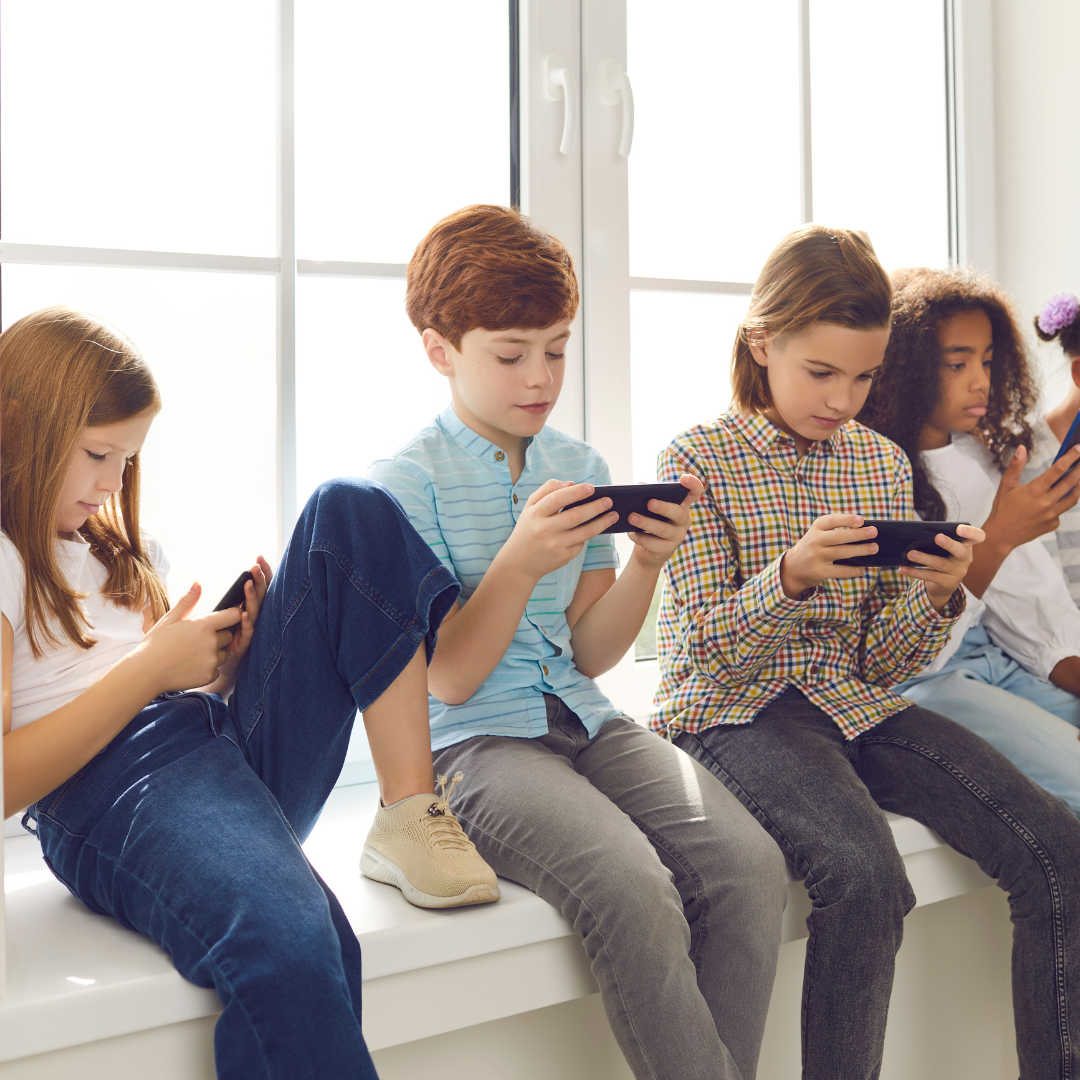Music is a powerful tool for a child’s growth. It develops creativity, discipline, and cognitive skills while providing a fun outlet for self-expression. Whether you’re a parent or an educator, these tips will help you guide children through a fulfilling musical journey.
1. Start with Playful Exploration
For young kids, music should feel like play, not work. Parents can introduce rhythm and melodies through clapping games, singing, or simple percussion instruments like maracas. Educators can use group activities like singing rounds or rhythm circles to make music a shared experience.
2. Match Instruments to the Child’s Age
Choosing the right instrument is key. Younger kids might find it easier to start with a piano or ukulele, which are accessible and forgiving for small hands. Allowing children to experiment with various instruments can spark their enthusiasm and help discover their preferences.
3. Foster a Fun and Supportive Environment
Kids thrive when learning feels enjoyable. Parents can encourage impromptu dance parties or sing-alongs at home. Educators can incorporate storytelling, games, and even movement into lessons. For example, turn rhythm practice into a “stomp and clap” game or teach notes through colorful visuals.
4. Set Realistic and Encouraging Goals
Break lessons into small steps that kids can achieve, like learning a short song or mastering a simple scale. Celebrate their successes, no matter how small. This builds confidence and helps them stay motivated.
5. Use Technology to Engage Them
Apps and digital tools can make learning interactive. The apps like pinguin drums, note works or rhythm cat are great for practicing at home. Educators can use videos or online tutorials to reinforce concepts and keep lessons dynamic.
6. Encourage Creativity and Improvisation
Music isn’t just about playing existing pieces. Encourage kids to create their own tunes or lyrics. Parents can let kids experiment with simple compositions on a keyboard, while educators might assign fun improvisation exercises in class.
7. Practice Patience and Positivity
Learning music can be challenging. Instead of focusing on mistakes, praise effort and improvement. For parents, this means avoiding pressure and making practice sessions low-stress. Educators should maintain a supportive tone, especially when kids struggle.
8. Establish a Routine
Regular practice is essential, but keep sessions short for younger children—10 to 15 minutes a day is enough to start. Parents can make it part of a daily routine, while educators can encourage students to practice through assignments or structured lesson plans.
9. Introduce Diverse Musical Experiences
Expose kids to a wide range of musical styles and cultures. Parents can play different genres at home or take their children to concerts. Educators can organize lessons around world music, letting kids try instruments like djembes, recorders, or marimbas.
10. Choose the Right Teacher or Program
For parents, finding an engaging and patient music teacher is critical. Educators, meanwhile, should ensure their approach is tailored to different learning styles and developmental levels. Group lessons can also be a great option to build social skills while learning music.
Why Music Education Matters
Music helps children develop focus, discipline, and emotional expression, whether they aim to become musicians or not. Parents can use it as a bonding activity, while educators can shape it into a tool for creativity and collaboration.
By creating a supportive, enjoyable, and consistent musical environment, you can nurture a lifelong appreciation for music in every child.
Join us with your kids for the next online music class https://ekaterina.kardakova.eu/en/creative-techlab/virtual-music-class/




